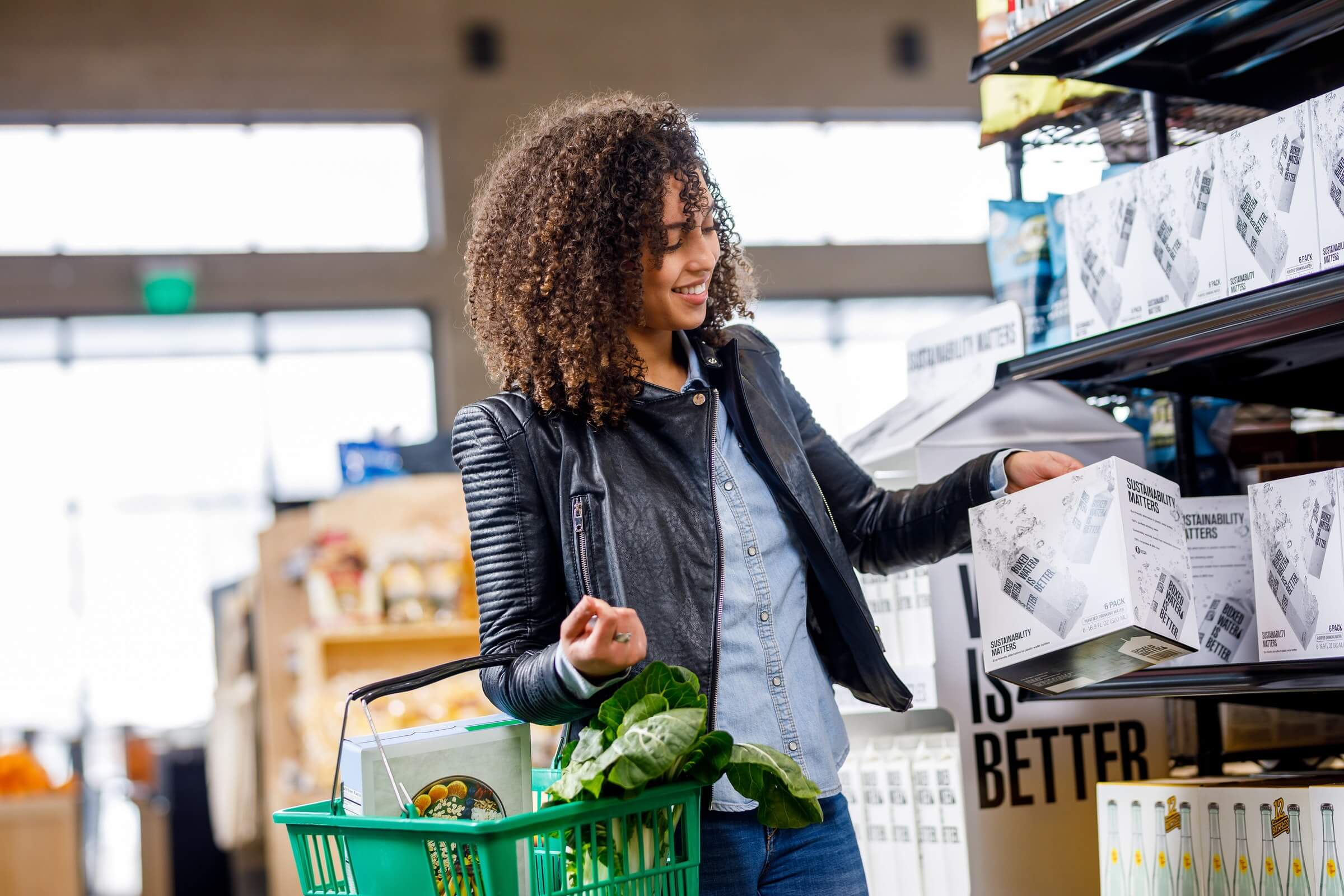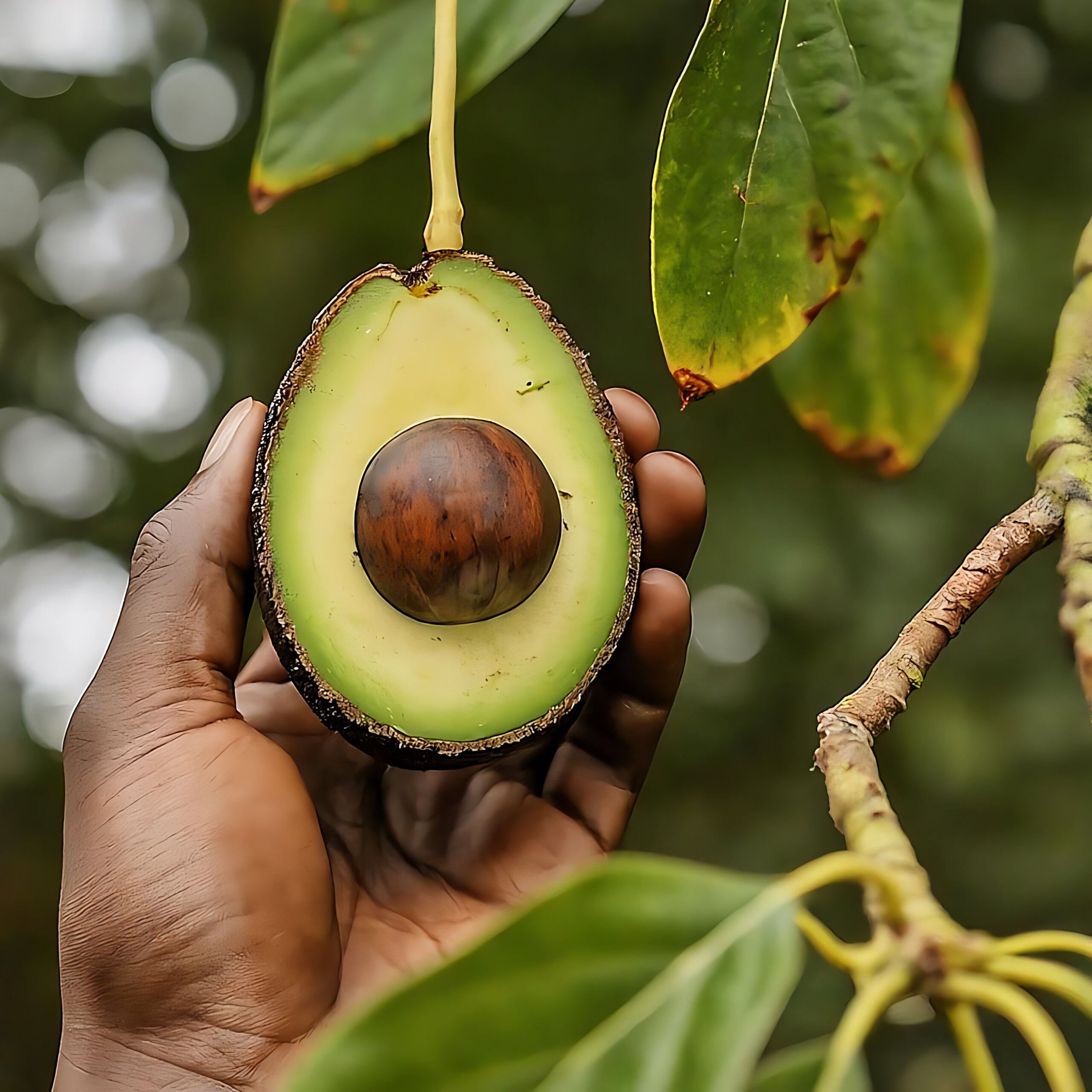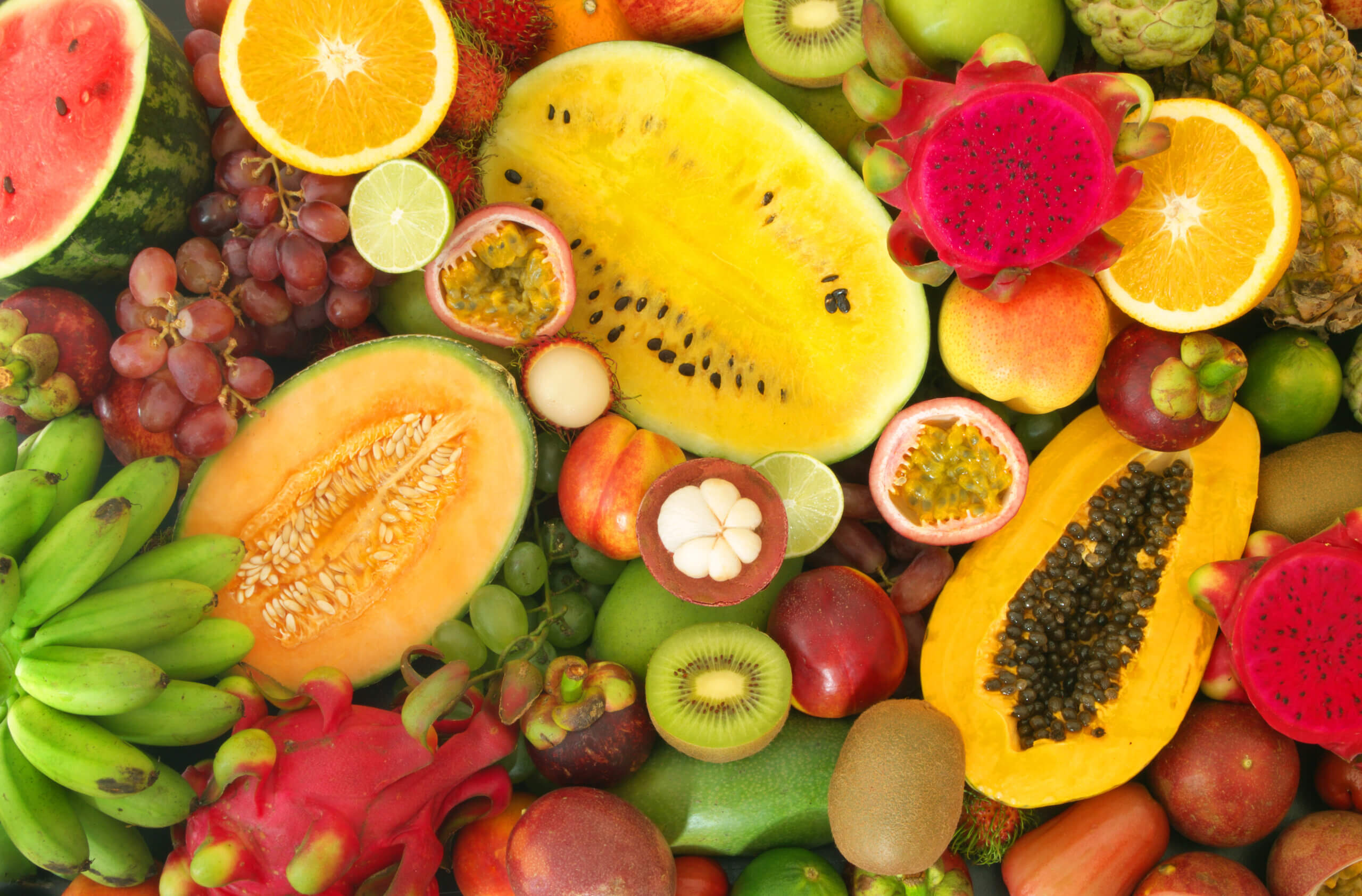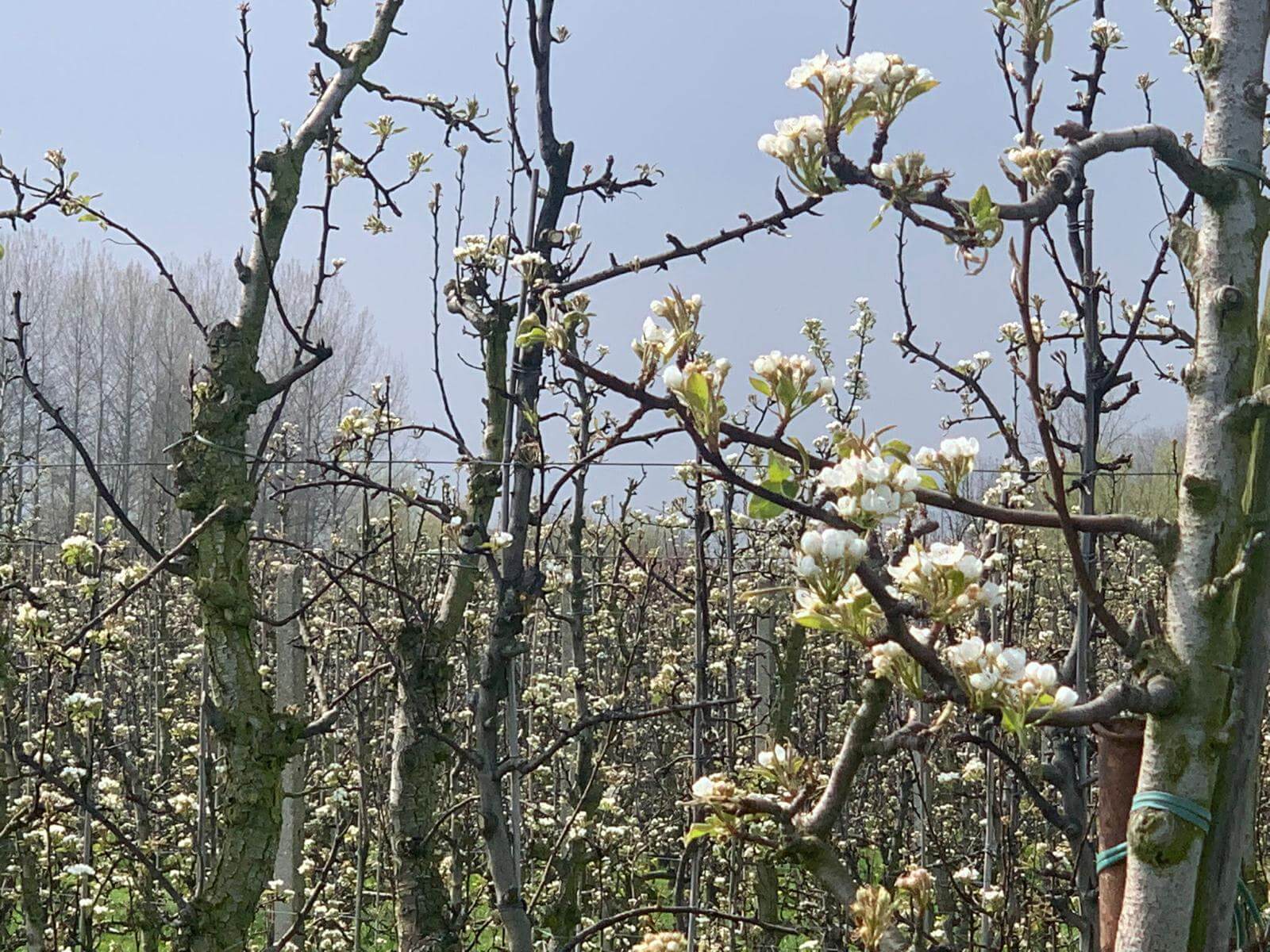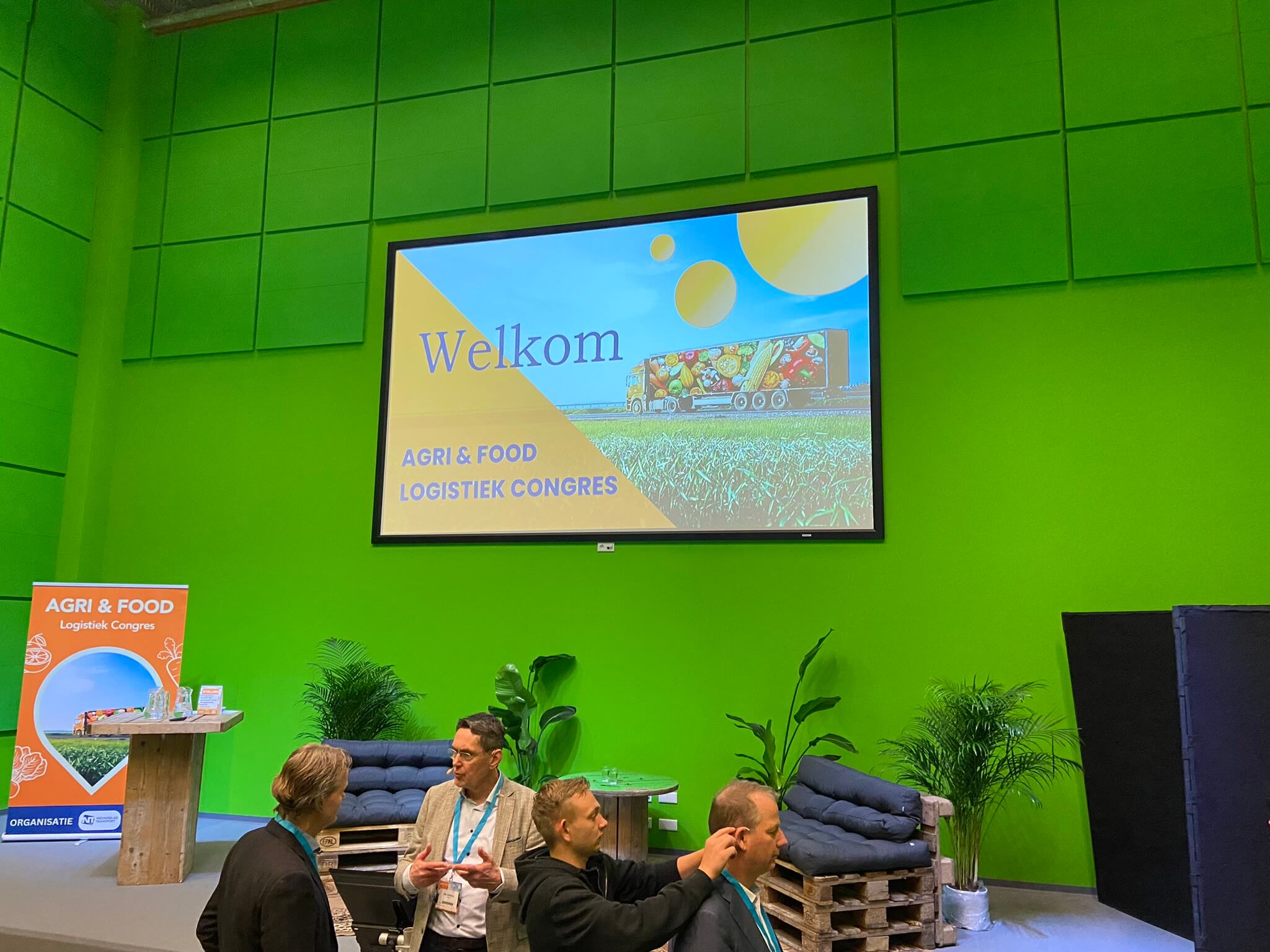The food industry as a whole has had to deal with the fall-out from the COVID-19 outbreak. The impact is becoming increasingly clear, as are the insights and solutions. Luckily we can start to focus on managing our shipping activities again rather than having to tackle logistics issues as we did in these challenging past few months. Forward-thinking and taking action is now possible.
Once again, this period is prompting us to come up with innovative solutions. Perhaps the industry as a whole needs a ‘digital mind shift’? We have observed a number of trends and opportunities in the food industry, which we would like to share with you. Evolutions should have industry-wide support to be successful. Flexibility and resilience are the starting premises. Unfortunately, the industry currently lacks the tools to achieve this.

Trends and opportunities
Tradability of transport capacity and market flexibility
During the COVID-19 pandemic, we had to deal with an unforeseen, severe air freight (-75%, passenger flights) and maritime freight capacity crunch (up to -50% on the east-west routes). The limited tradability of capacity made it exceedingly difficult to organise priority transports of specific goods flows. This could be remediated by increasing transparency about the availability of vessels and planes while also facilitating the trading of this capacity, like the NYSHEX initiative.
Box in means of transport and transport modalities
We have already observed that the frequency and regularity of air freight and maritime freight services can be disrupted. A flexible switch between modes of transport might help guarantee ‘time to market’. To this end, packaging must be developed to guarantee optimum cooling across all modes of transport. Uniform transport pallets or units can facilitate this.
Electronic documentation and blockchain
Last-minute changes in destinations due to an interruption or opportunity are especially useful in the fresh food trade. Currently, there are too many obstacles to contend with to do this successfully. Most documents that are designed to gain trust in the chain (phytosanitary certificates, health certificates, certificates of origin …) are drawn up based on a non-digital and unalterable journey. That is why we must create a new framework of trust in addition to defining data points. The complete digitisation of the certificates in addition to making them available through blockchain platforms is a must. Foodcareplus has blockchain platforms that can make your food supply chain more efficient and comprehensible.
